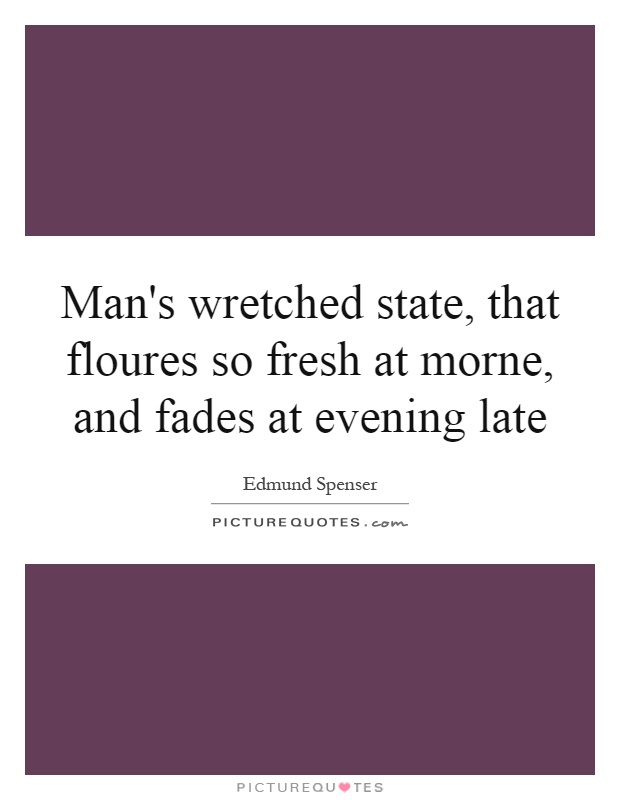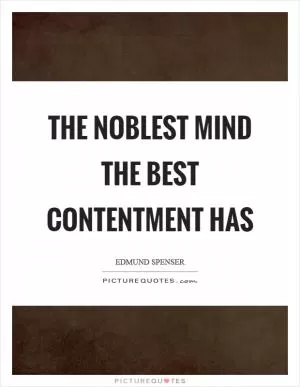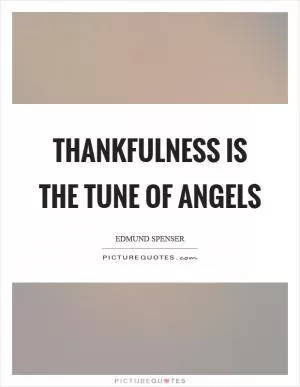
Man's wretched state, that floures so fresh at morne, and fades at evening late

Man's wretched state, that floures so fresh at morne, and fades at evening late
The line "Man's wretched state, that floures so fresh at morne, and fades at evening late" from Edmund Spenser's epic poem "The Faerie Queene" encapsulates the transient nature of human life and the inevitability of mortality. Spenser uses vivid imagery of a flower blooming in the morning only to wither and fade by evening to illustrate the fleeting beauty and fragility of human existence.Throughout "The Faerie Queene," Spenser explores the themes of mortality, impermanence, and the human condition. The line serves as a poignant reminder of the ephemeral nature of life and the inevitability of death. It reflects the idea that no matter how vibrant and full of life we may appear, we are all subject to the passage of time and the eventual decay of our physical bodies.
Spenser's use of the word "wretched" in describing man's state further emphasizes the suffering and hardship that is inherent in the human experience. The word conveys a sense of misery, sorrow, and despair, highlighting the struggles and challenges that we face in our lives. It suggests that despite our outward appearances of strength and vitality, we are ultimately vulnerable and fragile beings.
The image of a flower blooming and fading also serves as a metaphor for the cyclical nature of life and the constant process of growth, decay, and renewal. It symbolizes the continuous cycle of birth, life, and death that all living beings must endure. Just as a flower must eventually wilt and die, so too must we all come to the end of our earthly existence.
Overall, Spenser's line captures the essence of the human condition in all its complexity and fragility. It serves as a powerful reminder of the impermanence of life and the inevitability of our own mortality. Through his evocative imagery and poignant language, Spenser invites us to reflect on the fleeting nature of our existence and to contemplate the deeper truths of our shared humanity.












 Friendship Quotes
Friendship Quotes Love Quotes
Love Quotes Life Quotes
Life Quotes Funny Quotes
Funny Quotes Motivational Quotes
Motivational Quotes Inspirational Quotes
Inspirational Quotes